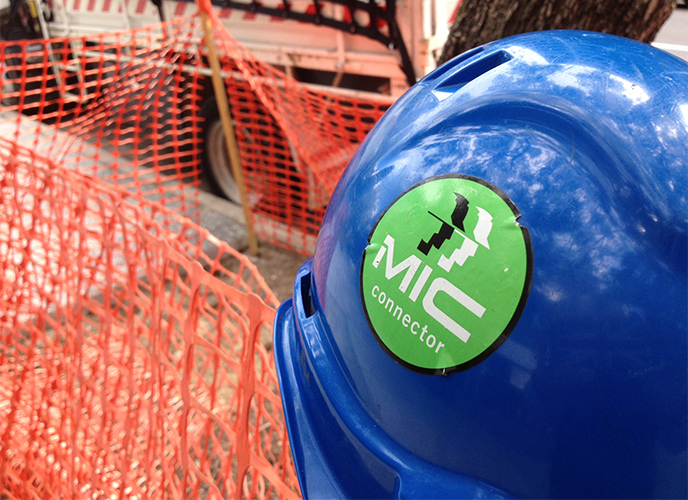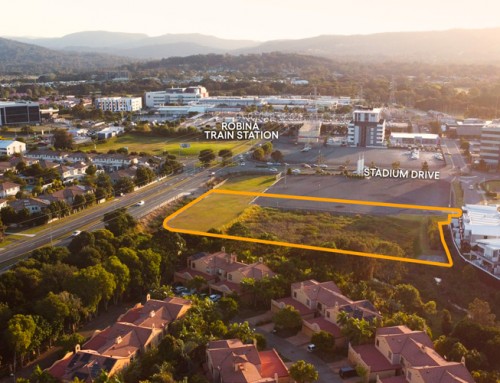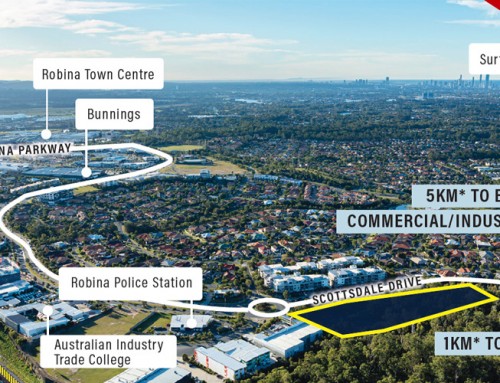There has been a huge focus and important dialogue on mental health issues and awareness this year, which has been an invaluable step forward for our community. As we head into the busiest time of year, Christmas and New Year, it’s important to maintain the momentum and fuel a maintained openness for discussion.
At Robina Group, we understand that Christmas can be a challenging time for many people and having a workplace that values mental health is extremely important and we want to continue the focus on mentally healthy workplaces.
There is a Queensland charity organisation working tirelessly to achieve this within the construction industry and effect positive change for construction workers throughout the country; MATES in Construction is the agency providing support, education and training to prevent suicide and improve mental health and wellbeing within the Australian construction industry.
Embracing the Australian national identity of mateship and camaraderie, MATES in Construction aims to deliver training and education to construction workers to enable them to recognise mental illness in their mates and use simple and effective skills to keep their mates safe until professional help can be sought.
A study was recently conducted for MATES in Construction to quantify the economic cost of suicide within the NSW construction industry and measure the impact of MATES in Construction in suicide prevention, with intriguing results.
The MATES program has already impacted significantly within Queensland, since its inception in 2008, as is detailed in their report finalised this month.
To access the full MATES in Construction report, visit: http://www.matesinconstruction.com.au/flux-content/mic-2013/pdf/MIC-Report-October-2014.pdf
According to MATES CEO, Jorgen Gullestrup, the key to MATES success is offering an industry led solution to an industry problem.
“The MATES program is supported by everyone in the industry including unions, employers, contractors and workers. Our training is available to anyone who invites us onto the site. We do not provide fee for service training, as we believe the ability to pay should not determine whether someone receives training or not.” Jorgen said.
Offering three onsite training programs, MATES in Construction operates within Queensland, NSW, SA and WA. Independent of employers and unions, MATES delivers programs across the industry, regardless of union and/or employer affiliation.
MATES field officers roll out training across construction sites nationally and provide support face-to-face as well as phone counselling.
More than just training, MATES in Construction offers 24/7 support through a helpline and provides Case Managers, trained in social work to offer support for complex issues for construction workers.
According to Jorgen, the key focus for MATES going forward is to continue to grow to help Australia create more mentally healthy workplaces, including a grassroots approach, focussing on young apprentices.
“MATES in Construction is a quiet achiever, whose staff are getting the word out in the construction industry and making a huge difference in people’s lives, which of course costs money. In July 2015, the federal funding from the Department of Health will finish. A strong case for continued funding has been submitted but yet to be approved.”
Jorgen remains positive about the future of the project and said “Despite the uncertainty over the future of significant funding, our key focus will be to continue to train more workers and visit more sites to deliver training around mental health issues. We are working with apprentices entering our industry and delivering the Lifeskills Toolbox program, which trains them to better manage the transition into the workforce.” he said.
So how can the Gold Coast City construction community get involved in this excellent mental health initiative?
According to Jorgen, there is a multitude of ways to support MATES in Construction.
“The Gold Coast City construction industry can invite MATES in Construction onto their sites to ensure that their workers are trained around mental health issues. They can work towards their sites becoming accredited MATES in Construction sites, which requires minimum levels of trained workers to be on site at all times.”
“They can join other companies, such as Lend Lease, in financially supporting MATES and encourage others to do the same. They can promote our work through their employer organisations, business networks and local and federal members. And of course, they can support fundraising events on behalf of MATES” Jorgen said.
To learn more about the MATES program and to commit to a mentally healthy construction workplace, visit their informative website MATES in Construction






